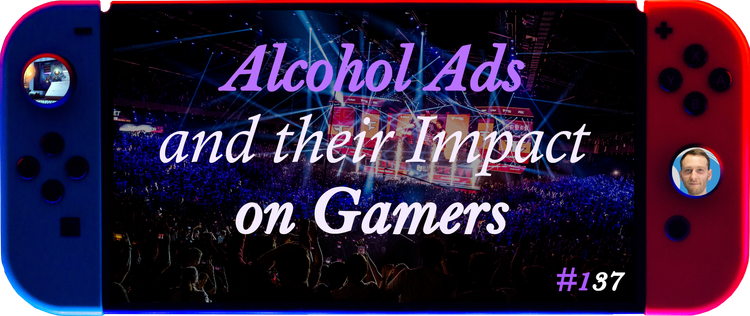The Benefits Of Limited Communication

Communication in esports is an essential element for performance. But what if you restrict it? Can such an intervention improve other team-related aspects such as trust and coordination? And how is it related to playing solo/duo queue? Here are the answers.
• Constraint-Led Approach (CLA) coaching introduces restrictions to the player's practice environment in order to strengthen other aspects.
• Two interventions (limited communication and vision) were tested during scrim matches in League of Legends.
• Both limitations made players feel more aware of their own actions, improved planning, and forced them to trust their team mates more.
• However, the games became harder, and information were not gathered and communicated as effectively as they usually would have.
Coaching in esports has been a hot topic recently, mostly because there hasn't been much research done yet in the area, and also because the studies that exist highlight the dire state of it.
A specific type of coaching is called the constraint-led approach (CLA), where learning occurs via a guided process of discovery. Broadly speaking, the player's practice environment will be restricted in a certain way to force the strengthening of something else. As an example (what the paper focuses on): restricting how and how much players in the team can communicate in order to strengthen team coordination and communication.
In the study, two different types of interventions were applied:
- Limited voice communication:
Limited voice communication #1: from min. 3:30 to min. 14:00 or the first tower in League of Legends being destroyed, players were only allowed to use pings and send messages in team chat, but not more than three words per message. This intervention focused on the early game.
Limited voice communication #2: same as #1 but communication was restricted between min. 14:00 or the destruction of the first tower until the end of the game. The focus here was the late game.
No voice communication: Players were only allowed to use pings, and use text—again, a maximum of 3 words per message.
- No vision: The amount of wards placed during the game was limited. The goal was to improve player's reasoning (why they do something), improve situational awareness, and use their communication tools more effectively.
🙊 Don't Speak. I Know What You're Thinking
"Through the various interventions implemented within the scrim blocks, players perceived them to be effective in developing various skills pertinent to success in competition." [1]
Two players said that the interventions were helpful in terms of improved planning, communicating more effectively, and being aware of their team mates' actions. Moreover, one player stated that:
“I think the game was harder because we couldn’t communicate future plays (2–3 mins in advance) so we had to trust that everyone will do their job.” [1]
Both types of interventions essentially manipulated the environment—causing instability. Hence, players had to find new ways of communicating their intents (plans, strategies etc.), and win the games. Although it was harder to communicate and gather information perfectly (more efficient), one player felt that it helped him to focus more on his own actions.
🥡 The Takeaways
Both results make sense. Limiting vision and communication will force players to adapt. I think it's interesting that it helped players to trust their team mates more to "do their job", and focus on their own gameplay. Of course, if you have to do less (communicate and ward), you will have more cognitive resources to do your thing.
However, as we’ve seen over and over again in previous episodes, communication is one of the most essential elements driving performance in gaming and esports. Hence, I'm a bit torn when it comes to using this intervention in professional teams. Also, in a competitive setting, you'll never have these kind of restrictions. Improving coordination and trust can be achieved (more effectively?) by doing other things.
To end on a good note though, these restrictions are basically what you see in most LoL games. If players queue up to solo (and even duo) queue, they rarely use any voice communication. So maybe playing solo/duo improves trust and coordination, useful when you actually play with voice comms? Who knows?
Read ya'll next week. Best,
Christian 🙂







